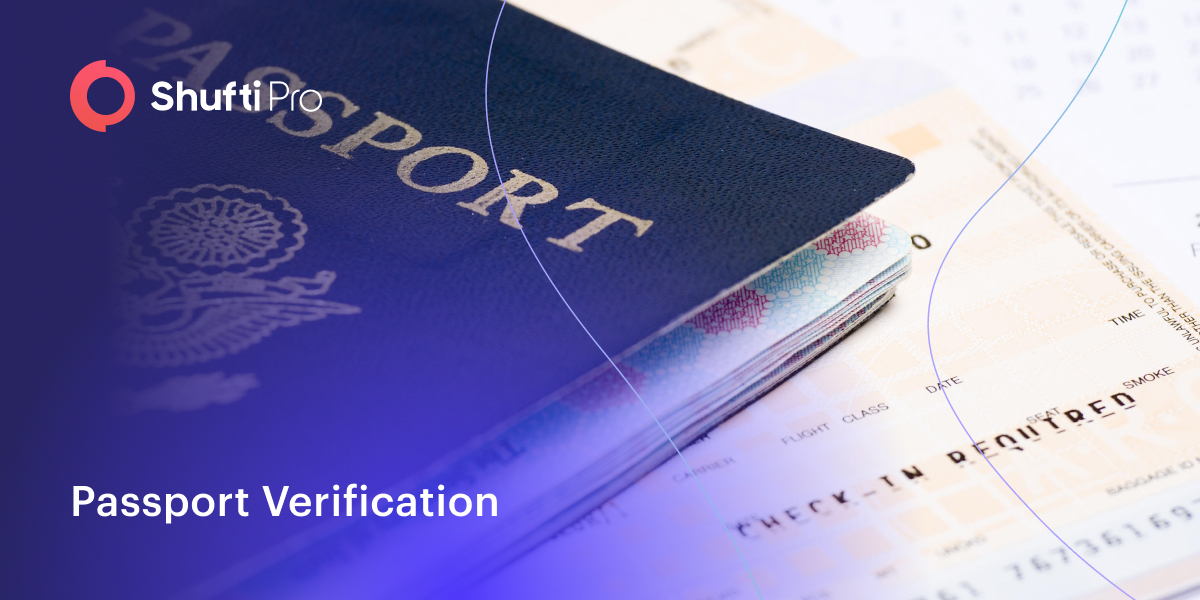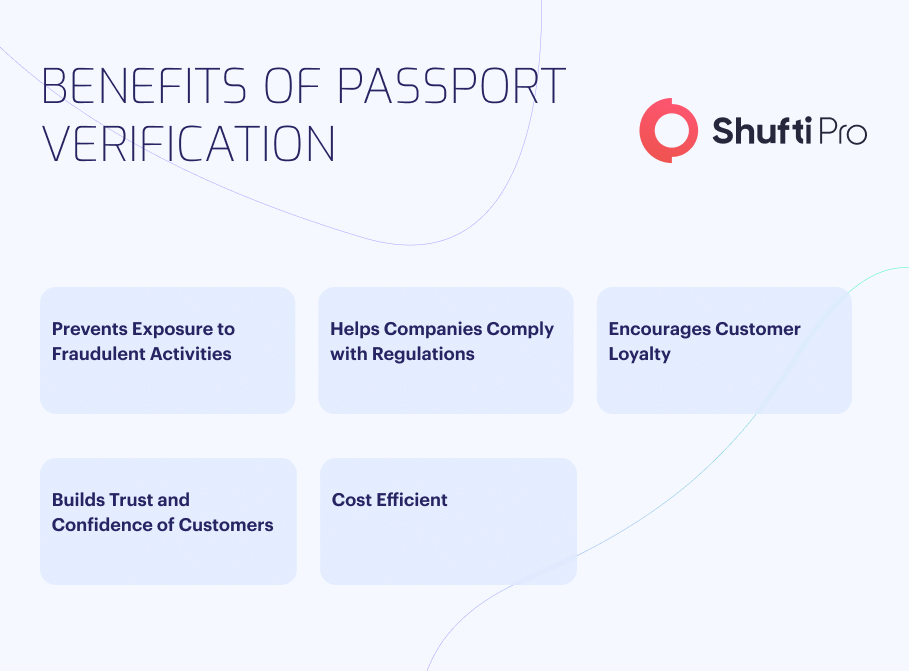Blog
10 Ways to Eliminate Business Fraud with Robotic Process Automation (RPA)
One of the prime concerns of businesses today is detecting and mitigating the risk of fraud. This...
 Explore More
Explore More
Blog
40 recommendations of FATF – Shaping the future of your business
Financial Action Task Force or simply FATF is an active global authority that never fails in surp...
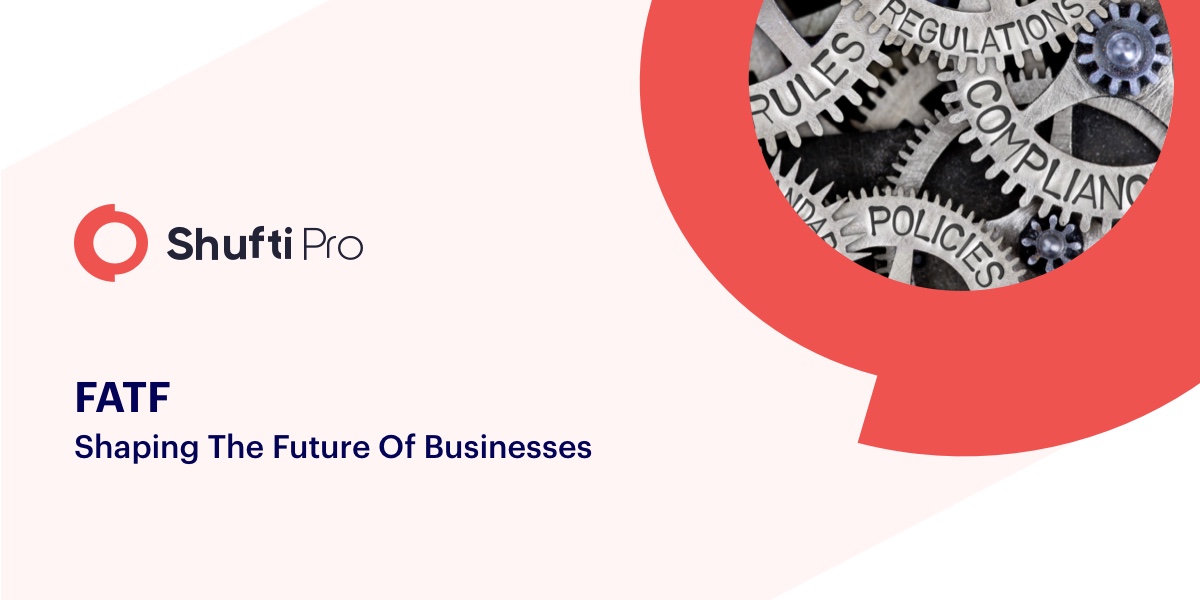 Explore More
Explore More
Blog
e-IDV | Electronic Verification Checks For Ultimate Fraud Prevention
The first paper-based photo identity document was in May 1876, developed by William Notman for th...
 Explore More
Explore More
Blog, Reg Tech
Here’s How Compliance to KYC and AML Regulations May Help Crypto Rebound
Cryptocurrency was the talk of the day in the months and even years leading up to the present wee...
 Explore More
Explore More
Blog
NFC Verification – Making Digital Payments Mainstream from Alternative
With time, payment methods have evolved from coins to paper-based money, then plastic, and now sm...
 Explore More
Explore More
Blog
Age-Verification Evasion in 2025: How Minors Outsmart Weak Age Gates — and How to Fight Back
Introduction
Minors are no longer deterred by simple “What’s your date of birth?” pop-ups. Armed ...
 Explore More
Explore More
Blog
Know your transactions (KYT) boosts your KYC efforts
Integration problems, lack of adequate attributes, and how Know Your Customers (KYC) are handled,...
 Explore More
Explore More
Blog
5 Benefits of Optical Character Recognition in the Classroom
Optical Character Recognition (OCR) goes beyond just processing documents and boosting businesses...
 Explore More
Explore More
Blog
5 Ways Face Recognition Will Become More Prevalent in 2023 and Beyond
During the covid pandemic, many businesses updated their access control systems to facial recogni...
 Explore More
Explore More
Blog
Verify on the fly: Touchless airport security clearance using biometrics
Around one hundred and seventeen years ago, the Wright brothers designed, built and flew the firs...
 Explore More
Explore More
Blog
How OCR Helps in Fighting Financial Crimes?
OCR, also known as Optical Character Recognition, isn’t a new technology. However, it’s use in fi...
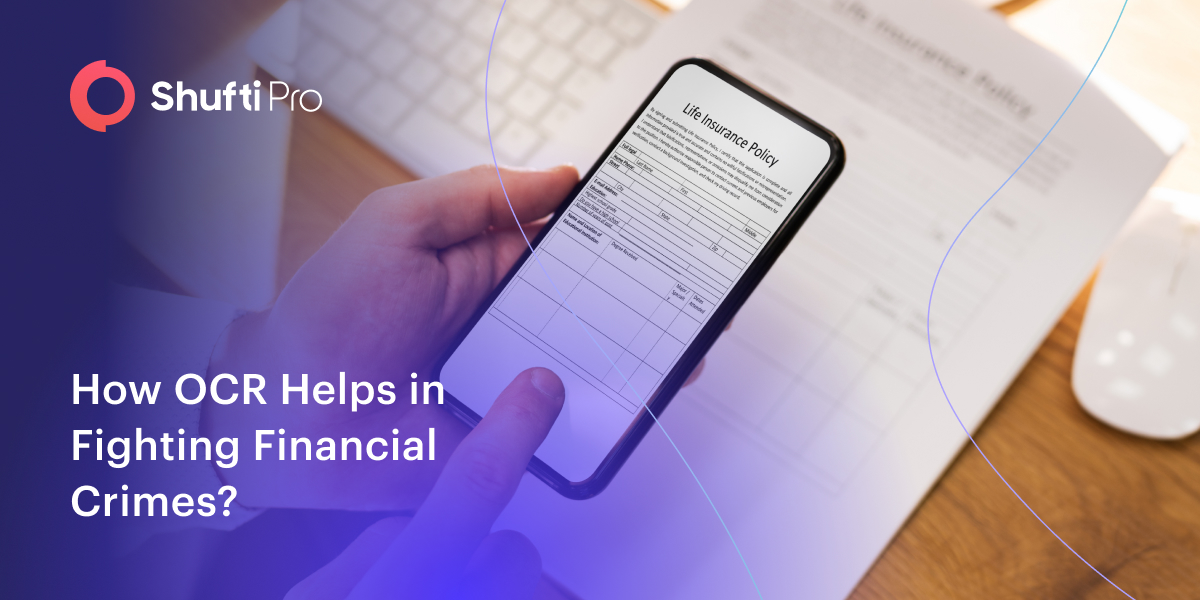 Explore More
Explore More
Blog
Cross-Border KYC Compliance | Understanding and Overcoming the Challenges
To handle money laundering incidents and rising regulatory pressure, the banking industry benefit...
 Explore More
Explore More
Blog
Russian Sanctions Evasion – Is the Art Industry the Next Target for Money Laundering?
As regulatory authorities are seizing the yachts and real estate belonging to Russian oligarchs, ...
 Explore More
Explore More
Blog
August 2023 Recap: Major Violations and How AML Screening Can Help
With technological advancement, scammers are revising their strategies to bypass verification sol...
 Explore More
Explore More
Blog
Facial Recognition in UAE to Protect Private and Government Sector
Continuous developments in the world of technology have led to many innovative solutions like fac...
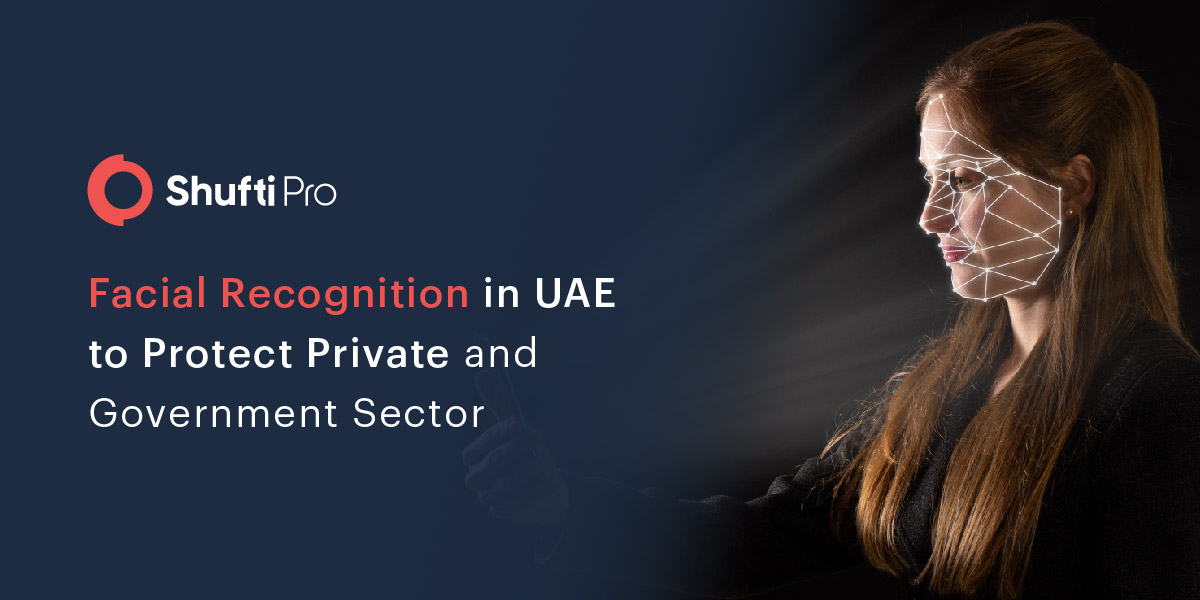 Explore More
Explore More
Anti Money Laundering, Blog, Financial Crime / AML, Reg Tech
EU’s Sixth Anti-Money Laundering Directive (AMLD6)
Summary: Sixth Anti-Money Laundering Directive (AMLD6) highlights a stringent framework to combat...
 Explore More
Explore More
Blog
Securing Digital Landscape with Electronic Identity Verification Services in 2023
With a surge in identity document forgery, the likelihood of onboarding a criminal has grown subs...
 Explore More
Explore More
Blog
How Optical Character Recognition Improves the Process of Identity Verification for Businesses
Evolving technologies have created a competitive market where every business strives to optimize ...
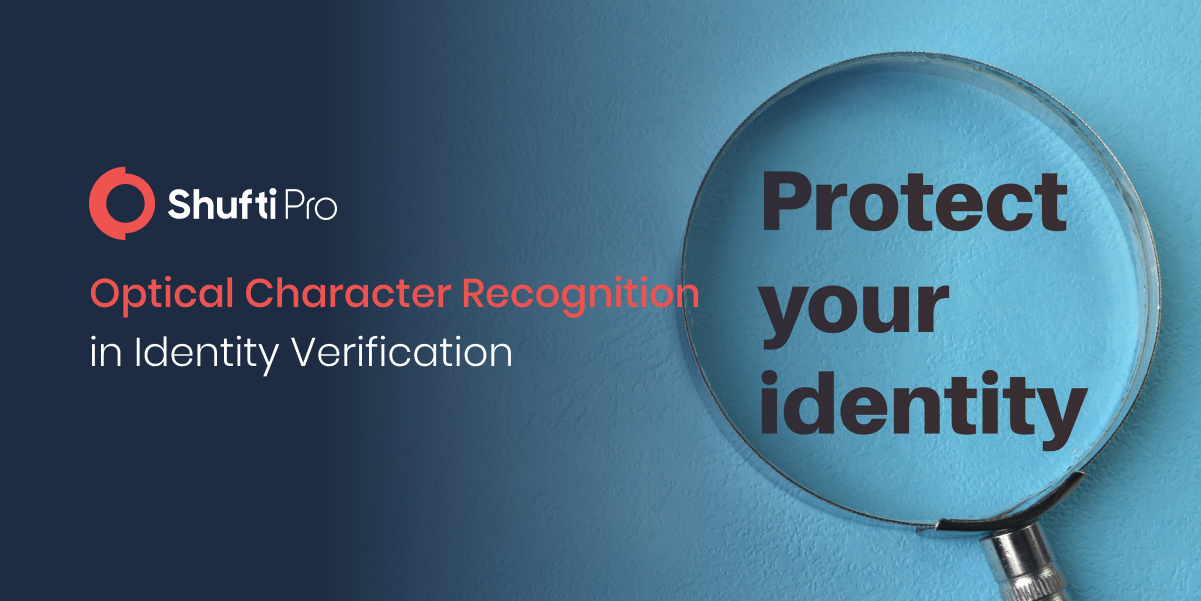 Explore More
Explore More
Blog, Financial Crime / AML
AML Rules for Virtual Currency and Legal Sector – FATF 2019
Financial Action Task Force (FATF) is an inter-governmental regulatory authority. It was founded ...
 Explore More
Explore More
Blog
7 Best KYC and Fraud Prevention Tips for Online Businesses
With the explosion of internet and web applications, the online interaction between consumers and...
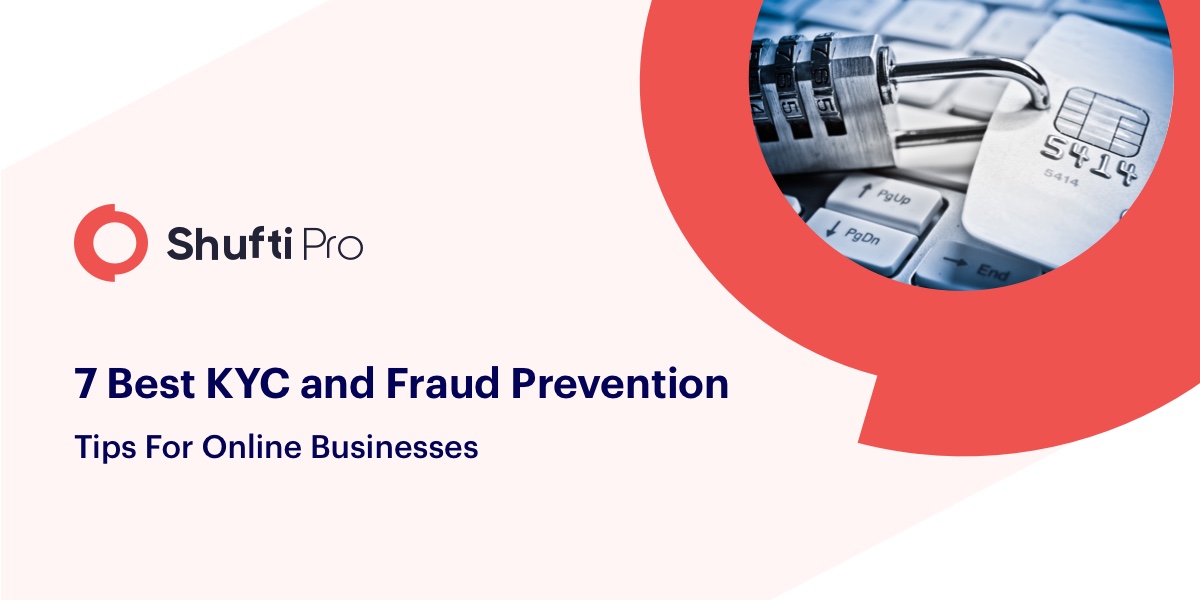 Explore More
Explore More
Blog
Future Prediction of Identity Verification for Businesses
Ensuring a user’s real identification has become crucial in the age of digitisation. Busine...
 Explore More
Explore More
Blog
Online Payment Fraud and the Role of AML Transaction Monitoring
Imposing travel restrictions worldwide after the COVID-19 pandemic led to an unprecedented surge ...
 Explore More
Explore More
Blog
Synthetic Identity – A New Form of Identity Fraud for 2019?
Synthetic identity fraud (SIF) is a comparatively new form of identity theft that has gripped the...
 Explore More
Explore More
Blog
Top 10 Real-World Scenarios Where Shufti’s IDV Can Help
Whether you’re an e-commerce store that needs to verify delivery addresses or a bank that has to ...
 Explore More
Explore More
Blog
Protecting Crypto Ecosystem with Effective Compliance Measures and Robust AML Screening
In November 2021, the market capacity of the cryptocurrency went over $3 trillion. With the incre...
 Explore More
Explore More
Blog
e-IDV | Electronic Verification Checks For Ultimate Fraud Prevention
The first paper-based photo identity document was in May 1876, developed by William Notman for th...
 Explore More
Explore More
Blog
Combatting Fraud in the Automotive Industry
Fraud is a growing concern for many industries and the automotive industry is no exception. In 20...
 Explore More
Explore More
Blog
Five Things you Need to Know About Shufti’s Digital Identity Verification
The growing digital fraud, stringent KYC and AML regulations put in place, and the increasing bur...
 Explore More
Explore More
Blog, Online Marketplace
Secure Online Gambling through Identity and Age Verification
Gambling is a very profitable business for big players and owners alike. According to research, t...
 Explore More
Explore More
Blog, Fraud Prevention
6 Steps of Online Fraud Prevention for Businesses
With the rapid development in the online retail industry and banking industry, there is an increa...
 Explore More
Explore More
Blog
Protecting Crypto Ecosystem with Effective Compliance Measures and Robust AML Screening
In November 2021, the market capacity of the cryptocurrency went over $3 trillion. With the incre...
 Explore More
Explore More
Blog, Online Marketplace
What do NGOs have to gain from Identity Verification Services?
Identity Verification services are quickly becoming the cornerstone of NGO-related activities acr...
 Explore More
Explore More
Blog
Understanding eKYC | The Benefits, Processes & 2024 Forecast
Governments worldwide require firms, such as financial institutions, to know who their customers ...
 Explore More
Explore More
Blog
An Insight into Money Laundering Through the UAE’s Gold Industry
Since the beginning of time, gold has been considered a medium for payment and trading with its e...
 Explore More
Explore More
Anti Money Laundering, Blog, Business Technology, Financial Crime / AML, Identity & KYC
AML Compliance in EU Member States and Risks of Businesses
Making regulations is just the first step, the true game starts when it comes to implementation, ...
 Explore More
Explore More
Blog, Identity & KYC
CRA Looking to Launch Digitally Secure Ways with Identity Verification Services
Canada Revenue Agency or CRA in collaboration with an identity verification service called Secure...
 Explore More
Explore More
Blog
Rethinking Trust in Crypto: How Digital Identity Verification Will Power the Next Phase of Growth
The crypto industry is at a crossroads. After a decade marked by disruptive innovation and volati...
 Explore More
Explore More
Blog
Synthetic Identity – A New Form of Identity Fraud for 2019?
Synthetic identity fraud (SIF) is a comparatively new form of identity theft that has gripped the...
 Explore More
Explore More
Blog, Online Marketplace
Secure Online Gaming with Digital KYC
Here is a scenario that shows the importance of having a digital KYC system integrated with your ...
 Explore More
Explore More
Blog
High-Risk Customers in Banking and How EDD Can Help Identify Them
In this age of digitisation, banks and other financial institutions face a high risk of money lau...
 Explore More
Explore More
Blog
Safeguarding the Art Market with Shufti’s AML Screening Solution
Non-fungible tokens (NFTs), blockchain-powered title deeds tied to a virtual or physical asset, h...
 Explore More
Explore More
Blog
Biometric Authentication: The Importance, Use Cases & Myths
Today’s business owners rank security among the highest priorities. As hackers continue to ...
 Explore More
Explore More
Blog
Industries that Need Digital Identity Verification and Why?
With continuous improvements in technology, different industries of the world are streamlining th...
 Explore More
Explore More
Blog
Metaverse and Meta Criminals – Is it Possible to Secure Identities with IDV?
Ever since Mark Zuckerberg changed Facebook’s name to Meta, the acronym “metaverse” has taken ove...
 Explore More
Explore More
Blog
New KYC Regime for the UK, US, and Australia – What’s in it for Financial Institutions?
Financial institutions are known for getting their reputation maligned due to crimes like identit...
 Explore More
Explore More
Blog
Customer Risk Assessment – A Landmark Approach to Fight Identity Fraud
Identity theft is the most prominent cybercrime which has raised alarms for global law enforcemen...
 Explore More
Explore More
Blog
4 WAYS AI is Shaping KYC and AML Compliance for Businesses
The role of Artificial Intelligence (AI) is rapidly increasing in businesses and the emergence of...
 Explore More
Explore More
Blog
Customer Due Diligence – Risk Scoring of Fraudsters to Prevent Crimes
As per the research of The Journal of Accountancy, fraudsters carry out crimes for two reasons: n...
 Explore More
Explore More
Blog
Intelligent Character Recognition: How it Drives the Industry with a Breeze
Data is the nucleus of any business and how efficiently it is processed is the key to digital tra...
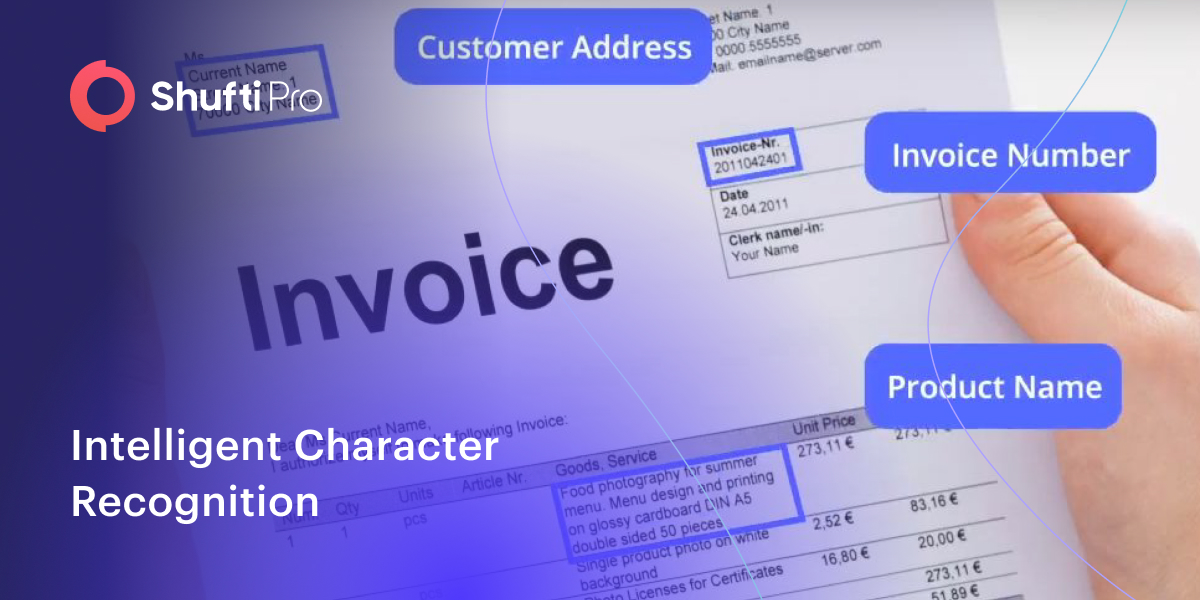 Explore More
Explore More
Blog
E-commerce Frauds – Common types and Prevention tips
What are some common e-commerce frauds and how can you prevent them? Is the buyer on your site an...
 Explore More
Explore More
Blog
The Dark Side of Digital Wallets and the Role of Crypto Monitoring
Cybercriminals have recently exhibited a keen interest in crypto theft, in some circumstances goi...
 Explore More
Explore More
Blog
Halloween Scams – Watching Out for Tricks, Identity Fraud, and Financial Crime
Halloween is one of the most awaited and celebrated events in a large number of countries across ...
 Explore More
Explore More
Blog
5 AI-Powered Products to Boost Digital Experiences Post Covid
If there’s one thing financial institutions understood within the first year of global shutdowns ...
 Explore More
Explore More
Blog, Reg Tech
Effect of the Amendment to the FINMA Compliance on IDV Service Providers
In the first quarter of the year 2018, the Swiss Financial Market Supervisory Authority rolled ou...
 Explore More
Explore More
Blog
Combating Money Laundering Threats in the Art and Antiquities Sector Through AML Screening Solutions
With transforming technologies and growing digitization, the global art industry has also embrace...
 Explore More
Explore More
Blog, Online Marketplace
How API-based Technologies Can Transform the Future of Online Marketplace
API Based Technologies: Application Programming Interfaces (APIs) are giving advanced ways of dig...
 Explore More
Explore More
Blog
Financial Regulations Against Crypto Sanctions Evasion in the UK – Is the Crypto Sector Safe?
Many governments throughout the world are facing concerns of money laundering and sanctions evasi...
 Explore More
Explore More
Blog
More Than 500 Customers Onboarded in 3 Years – Shufti Spills the Beans
Shufti Ltd. began operations in 2017 and within three years, the company has onboarded more t...
 Explore More
Explore More
Blog
Swipe Right on Facial Verification for Secure Online Dating
In today’s COVID-ridden world, in-person dating is deemed very risky due to the spread of the vir...
 Explore More
Explore More
Blog
The Age Verification Advantage: Speed, Trust, and Privacy
Businesses operating in age-restricted industries like gaming, social media, and alcohol sales na...
 Explore More
Explore More
Blog
The Latest KYC Regulation Bill for Bitcoin ATMs and DeFi Platforms
As the digital revolution takes hold worldwide, there has been an unparalleled surge in the adopt...
 Explore More
Explore More
Blog
The Most Common Use Cases of Identity Document Verification
As data breaches and other crimes increase, regulators must impose strict rules that corporations...
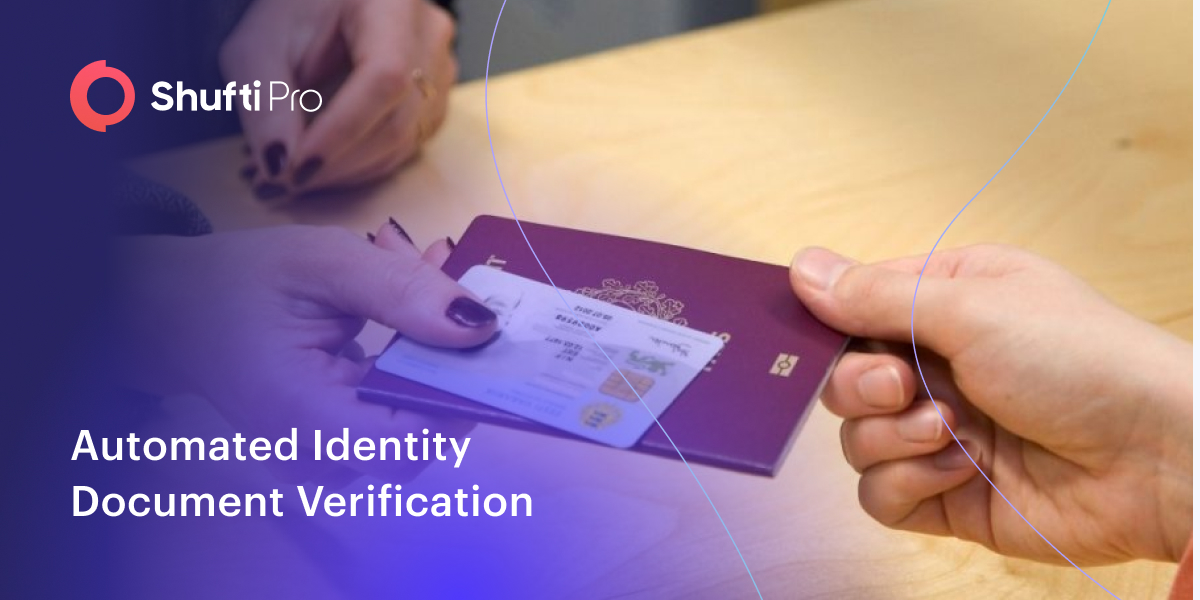 Explore More
Explore More
Blog
Securing Cryptocurrency Sector and Fighting Financial Crimes With Shufti’s AML Solution
A decade ago, digital currencies were an academic concept, largely unknown to the world’s general...
 Explore More
Explore More
Blog
Digital KYC to Trace and Tackle High-Risk Customers
Customers are the assets and building blocks of any business. Customers are responsible for takin...
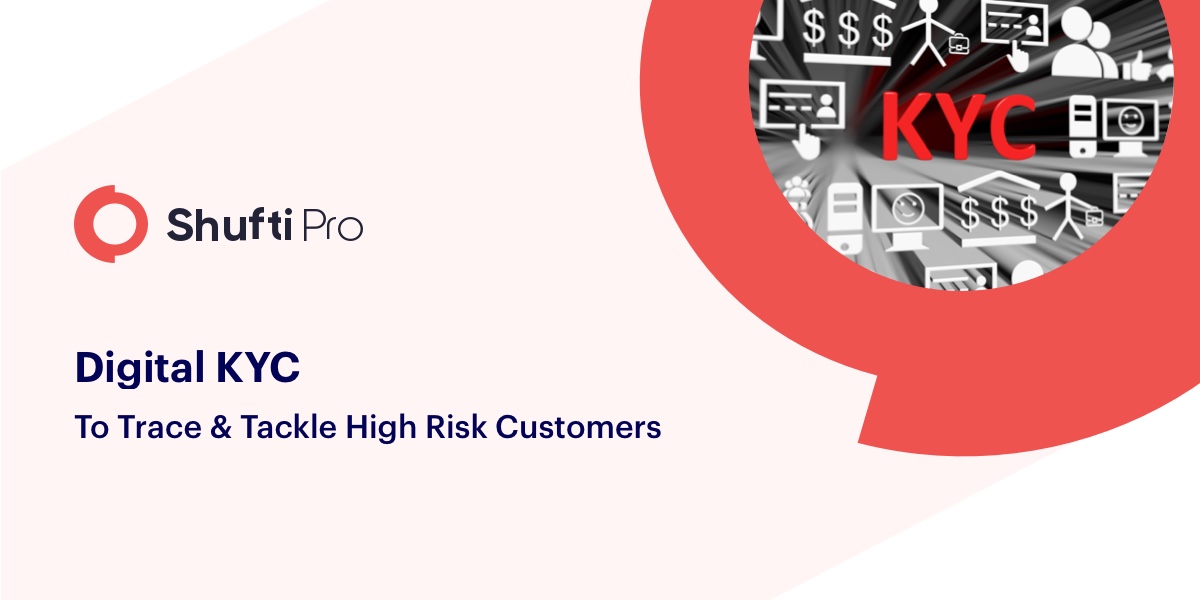 Explore More
Explore More
Blog
5 Ways Face Recognition Will Become More Prevalent in 2023 and Beyond
During the covid pandemic, many businesses updated their access control systems to facial recogni...
 Explore More
Explore More
Blog
The Crucial Role of Know Your Customer (KYC) in Gaming
The gaming sector has grown exponentially since the first arcade games of the 70s. Surpassing mus...
 Explore More
Explore More
Blog
Customer Identification Programme (CIP) vs Know Your Customer (KYC) | What’s the Difference?
Often, people confuse CIP and KYC and think both are the same. Customer Identification ...
 Explore More
Explore More
Blog
The Digital Black Market for Identity Data
The collection, purchase, or trade of customer data is big business. Unless organizations and ind...
 Explore More
Explore More
Blog, Online Marketplace
Ride Sharing Services and ease provided by KYC Services
Ride Sharing services might be the hottest form of transportation especially in developed countri...
 Explore More
Explore More
Blog
How ID Verification can Help you Boost your Revenue in 2019?
For years now banks have been using laid back and inconvenient methods for ID verification of cus...
 Explore More
Explore More
Blog
Top 5 Non-banking Industries in the Crosshairs of Financial Criminals
The first half of 2021 saw significant disruption in the financial world as traditional criminal ...
 Explore More
Explore More
Blog
Digital Safety for Social Media, Gaming & E-Commerce Platforms
As people and businesses are getting more and more connected online, social media continues to pl...
 Explore More
Explore More
